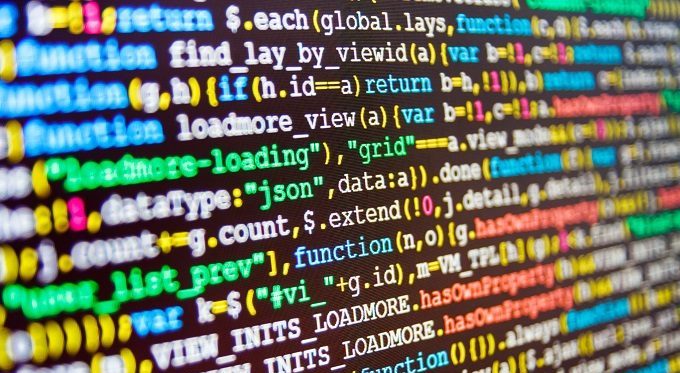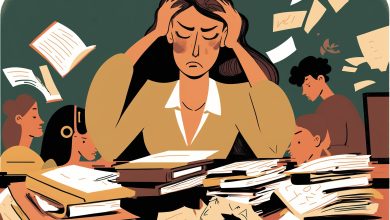Teacher support readiness & the cons of classroom AI

Artificial intelligence seems to have direct benefits to teachers, not least the ability to pinpoint quite specifically the learning styles and abilities of every student.
The first half of this article appears on last week’s newsletter, catch up here.
Experts also suggest that having AI programs marking tests, essays and assessments on such subjects as maths, science will lighten administrative duties, freeing more time to focus on lesson planning and one-on-one interactions.
AI can provide advanced study programs or one-on-one specialist tutoring, which teachers may not have the time to offer their brightest students.
With software programs providing the nuts and bolts of formal education, teachers could also spend more time on enrichments and social interactive skills.
Google’s Jonathan Rochelle says the current system of education is overburdening teachers with too much standardised testing and bureaucracy on top of an ever-expanding curricula.
Instead of asking teachers to do more, he says, we should be asking them to do better and one way is by incorporating technology and innovations in the teaching.
One academic goes so far as to predict a future in which teachers have been replaced by so-called robots.
Sir Anthony Seldon, vice chancellor of the University of Buckingham, told the British Science Festival last year that teachers will eventually lose their traditional role and become classroom “assistants” tasked with such duties as setting up equipment and maintaining discipline.
Instilling knowledge in students would be the role of artificial intelligence.
“Everyone can have the very best teacher and it’s completely personalised; the software you’re working with will be with you throughout your education journey. It can move at the speed of the learner.
“This is beyond anything that we’ve seen in the industrial revolution or since with any other new technology.
“These are adaptive machines that adapt to individuals.
“They will listen to the voices of the learners, read their faces and study them in the way gifted teachers study their students.
While Mark Scott says AI will never replace teachers, others have noted the benefits of having programs that don’t take sick days, do not require expensive ongoing maintenance and never get tired.
On the cons of AI
As head of one of biggest education systems in the world, Mark Scott, director of NSW Education Department, says the greatest challenge to a technological future is scale.
With hundreds of schools in NSW alone, thousands of teachers to train and upskill, and thousands of students to equip with learning tools, the difficulty is not only bringing innovation into every classroom but ensuring technology is being used to its potential.
Mr Scott asks the question: “What percentage of teachers are currently confident with technology?”
“Are we using technology to change and improve the way we teach and improve outcomes?”
It’s one thing to supply teachers with adaptive learning software but do teachers have the training and skills to make the most of the futuristic technology?
Do schools have the bandwidth to make the programs worthwhile?
Other questions that have been raised in public discussions on AI revolve around the collection of data and how to manage ethics and privacy.
If a student’s much more personalised learning data is being collected over the entire duration his or her education, what privacy protections and limitations are on place?
What happens to the data? And who makes the decisions about the role of AI in each school or education jurisdiction?







